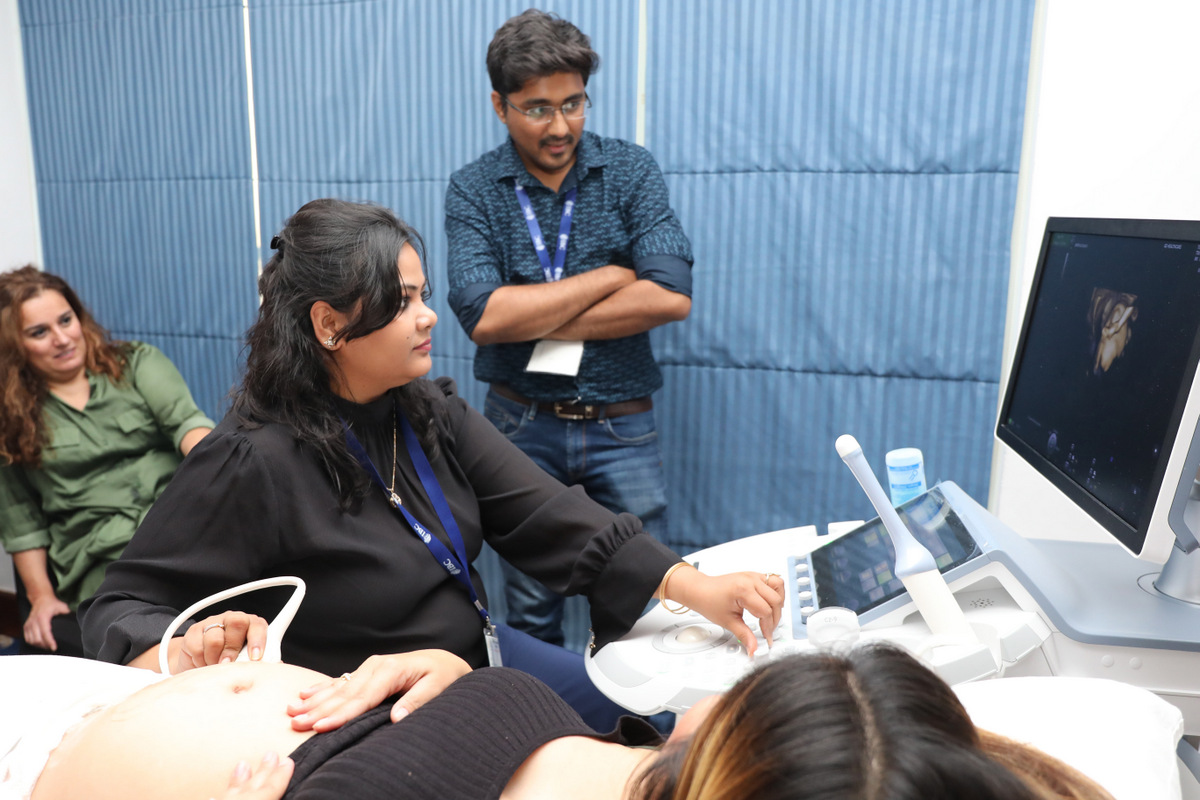Book an Appointment
Looking for the best treatments without a long waiting time?
Simply reserve a time slot, walk in at the appointed time and get prioritized treatments at no extra cost. Call Now for an appointment.
Add. : R-1, Vigyanpuri, Shadab Colony, Mahanagar, Lucknow
Book Appointment : ![]() +91 8283083082
+91 8283083082
Introduction:
Non-Invasive Prenatal Testing (NIPT) has revolutionized the field of prenatal screening, offering expectant parents a safe and accurate method to assess the risk of certain chromosomal abnormalities in their unborn child. This advanced genetic screening test has gained popularity due to its high accuracy and non-invasive nature. In this article, we will delve into the key aspects of the NIPT test, its benefits, limitations, and its role in prenatal care.
What is NIPT?
NIPT, or Non-Invasive Prenatal Testing, is a screening test that analyzes cell-free fetal DNA (cffDNA) present in the mother’s bloodstream. By examining this fetal DNA, NIPT can detect the presence of common chromosomal abnormalities such as Down syndrome (trisomy 21), Edwards syndrome (trisomy 18), and Patau syndrome (trisomy 13), among others. Unlike invasive diagnostic procedures like amniocentesis or chorionic villus sampling (CVS), NIPT is a non-invasive procedure that poses no risk of miscarriage or harm to the fetus.
How does NIPT work?
During pregnancy, a small fraction of the fetal DNA crosses into the mother’s bloodstream. NIPT involves a simple blood draw from the expectant mother, usually performed around the 10th to 14th week of pregnancy. The maternal blood sample is then sent to a laboratory where specialized techniques are used to analyze the fetal DNA fragments. By comparing the amount and proportion of specific genetic material, the lab can assess the risk of chromosomal abnormalities in the fetus.
Limitations and Considerations:
Conclusion:
Non-Invasive Prenatal Testing (NIPT) is a remarkable advancement in prenatal care, providing expectant parents with a safe and accurate means to assess the risk of certain chromosomal abnormalities in their unborn child. It offers high accuracy, early detection, and reduced risk compared to invasive procedures. However, it is essential to understand the test’s limitations and consider follow-up diagnostic testing when necessary. Consulting with healthcare professionals, such as genetic counselors or fetal medicine specialists, can provide further guidance and support in the decision-making process regarding NIPT and prenatal care.
Looking for the best treatments without a long waiting time?
Simply reserve a time slot, walk in at the appointed time and get prioritized treatments at no extra cost. Call Now for an appointment.


Experiance of more than 4000+ Scans in Lucknow
+91 8283083082